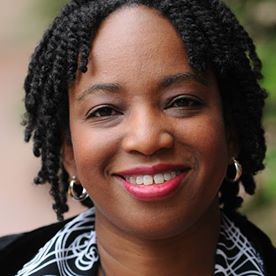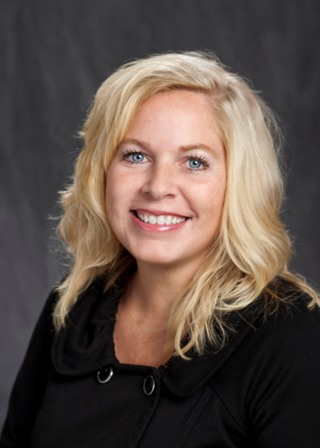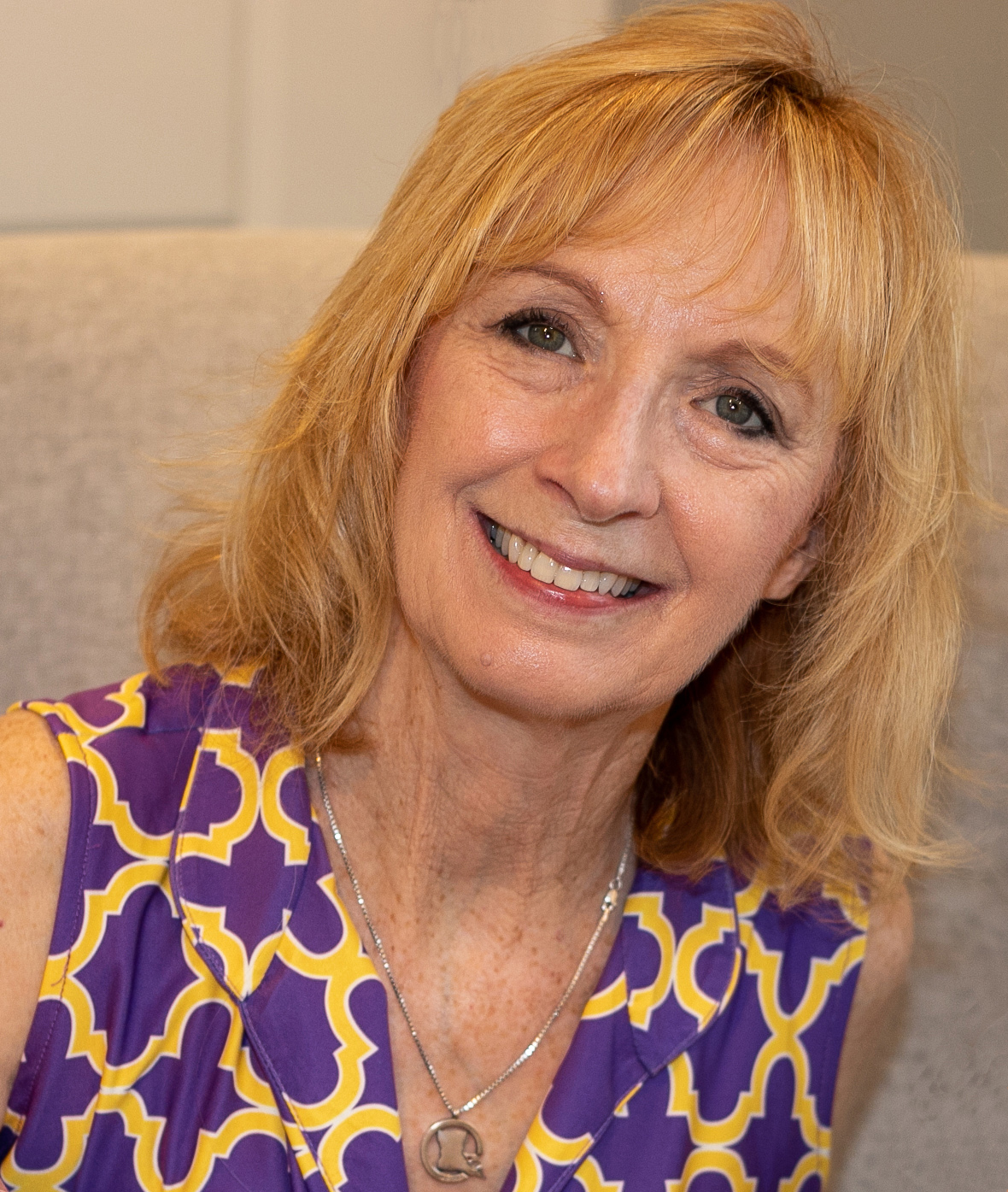PRISE Program
The PRISE (Preparing Resilient Individuals for Success in Engineering) Program is an NSF-funded scholarship that is designed to help high-achieving, high potential engineering students with financial hardships persist through graduation. This program provides a need-based scholarship to entering freshmen engineering students for up to eight semesters and offers academic and professional development programs to help our students succeed in engineering.
Program Highlights:
- Need-based scholarship with awards ranging from $2,000-$10,000, depending on "unmet need."
- Faculty mentorship—students will be matched with faculty from the department that offers their declared major.
- Early access to engineering staff and advisors.
- Academic success workshops and coaching.
- Professional development workshops and coaching.
- Access to funds to help secure internships (between junior and senior year).
Applications
- Apply for the PRISE Program as a participant. (Application deadline is April 5, 2024.)
- Apply for the PRISE Program as a student worker/academic mentor/industry mentor by contacting Sarah Jones at sjones@lsu.edu.
Program Details
The PRISE Program is a new scholarship funded by an NSF-STEM grant to help high-performing, high-achieving, at-risk students succeed in LSU's engineering curriculum. It focuses on helping students through their curriculum and extracurricular pursuits at LSU. Students chosen to be a part of this program will be awarded a scholarship based on their "unmet need." This scholarship could range from $2,000-$10,000, depending on the amount of unmet need for each awardee and based on NSF funding.
Requirements for the program are:
- Must be one of the following LSU College of Engineering majors:
- Biological Engineering, Chemical Engineering, Civil Engineering, Computer Engineering, Computer Science, Electrical Engineering, Environmental Engineering, Industrial Engineering, Mechanical Engineering, or Petroleum Engineering.
- Must be enrolled as a full-time student (12 hours or more) and on campus.
- Must maintain a 2.7 GPA.
- Must be able to exhibit financial need. Completing a FAFSA every calendar year you are in the program is strongly recommended.
- Support for Enrolling Engineering-based Bridge Camps.
- The transition between high school and college can be difficult. The College of Engineering offers bridge camps to help introduce incoming freshmen to other engineering students and the challenges they will face as they pursue an engineering major. Bridge camps are typically during the summer and/or during Welcome Week for entering freshmen. Students in this program will be strongly encouraged to attend one of these bridge camps.
- Connection With College of Engineering Faculty and Advisors.
- All students officially in the College of Engineering are required to meet with an advisor in their department at least once a semester, before they schedule for the next semester's classes. Freshmen, however, are not required to meet with COE advisors. This program will put students at all levels in contact with key faculty and staff in the COE to ensure that they are on the right path to graduation. Faculty and staff advisors are also available to answer questions on career paths and courses.
- Workshops for Academic and Professional Development.
- Although the workshops are not required to retain the scholarship, attending them
is strongly encouraged and will be incentivized throughout the program. The types
of workshops available to students will vary based on their classification (freshmen
vs. upperclassmen).
- Academic Workshops
- Freshmen will be invited to workshops that focus on topics to help them be successful as they transition from high school to college: study habits, time management, money management, learning styles, etc.).
- Professional Development Workshops
- Upperclassmen will be invited to workshops that focus on topics to help them be successful in their pursuits to getting and keeping co-ops, internships, and full-time offers at graduation. Topics will include, but are not limited to resume writing, interview skills, communication skills, negotiations, determining base-line personality and problem-solving approaches, conflict resolution, and teamwork.
- Academic Peer Mentors
- All students will be matched with two academic mentors—a faculty mentor and a peer mentor—both of which will be in the same major as the participant.
- Free Tutoring for First-Year STEM Courses
- All freshmen participants will be eligible for the EXCELD tutoring program. For more information, please visit the EXCELD program website.
- All first-semester sophomores who started as a freshman in MATH 1021 or MATH 1022 will be eligible for the EXCELD Plus Program. For more information, please visit the EXCELD program website.
- Industry/Career Mentors
- All participants will be paired with an industry mentor in their field. Participants will meet with their industry mentors one to two times a semester and will get insight as to what someone in their field does after graduation, as well as job-seeking skills.
- Participation in Student Orgs and STEM Outreach
- Participants in the program will be introduced to COE student organizations and will be strongly encouraged to participate in these activities. They will also receive coaching as to how to be involved while maintaining a demanding study schedule.
- Industry Site Visits and Career Exploration
- Participants will be invited to industry site tours and degree discovery nights. It is common for entering freshmen and first-semester sophomores to change majors. We will have information sessions on the different majors in the COE, as well as opportunities to connect with faculty across the college.
- Professional Portfolios
- Participants will be coached and encouraged to create professional portfolios highlighting their accomplishments and experiential learning opportunities. Doing so (and attending PRISE workshops) will also fulfill some of the requirements for the Distinguished Communicators Medal in the Communication Across the Curriculum program. For more information on the Communication Across the Curriculum program, visit its website by clicking here.
- Access to High-Profile Internships and Research Opportunities
- Select participants will receive supplemental support to pursue research opportunities early in their academic career and internship experiences after they have progressed in their academic program.
- Academic Workshops
- Although the workshops are not required to retain the scholarship, attending them
is strongly encouraged and will be incentivized throughout the program. The types
of workshops available to students will vary based on their classification (freshmen
vs. upperclassmen).
- What is "unmet need?"
- Unmet need is an amount that is calculated by the university financial aid office. This considers the amount that a family can contribute, scholarships, TOPS, grants, how much is owed for tuition and any other monies that are paid to the university for room, board, and meals.
- Do I have to be a full-time student to get the scholarship?
- Yes, all students must be full-time students to be awarded the scholarship.
- What if I am enrolled as a full-time student at the beginning of the semester, but
I drop a course before the "W" deadline and I drop below 12 hours? Will I still be
eligible to remain in the program?
- This will have to be determined on a case-by-case basis. The financial aid department has a formula for determining eligibility of scholarships based on when in the semester a course is dropped. It should be noted that dropping below full-time status will put you on probation in the PRISE Program with the PRISE team.
- What if I have a co-op, or I study abroad? Will I lose my scholarship?
- No, you will not lose your scholarship, but you may not be able to use your scholarship funds if you are not a full-time, on-campus student. Your scholarship may be put "on hold" for that semester. If you have a co-op or internship, you will register as a "full-time" student with the Olinde Career Center to maintain your student status for insurance purposes and to retain your enrolled student status. You will not be enrolled in classes and will not be able to receive scholarship funds for that semester. Study abroad programs vary, and the type you choose will determine whether or not you can use your scholarship funds that semester. For more information, please visit the LSU Academic Programs Abroad website[BROKEN LINK].
- What if my GPA drops below 2.7?
- Students who drop below a 2.7 GPA will be put on academic probation in the PRISE Program and be coached and directed to resources to help them raise their GPA. The student will work with PRISE Program administrators to determine an academic support and success plan. Regular meetings will be scheduled with a program administrator to check on the progress of the plan so that adjustments can be made as needed.
 Dr. Theda Daniels-Race — Principal Investigator
Dr. Theda Daniels-Race — Principal Investigator
Dr. Theda Daniels Race, PhD, serves as the principal investigator for the six-year National Science Foundation grant awarded to PRISE. Dr. Race is an M. B. Voorhies Distinguished Professor in the Division of Electrical and Computer Engineering (ECE) with joint appointment to LSU's Center for Computation and Technology. Her BS, MS, and PhD in electrical engineering are from Rice University, Stanford University, and Cornell University, respectively, with a concentration in electrophysics during her doctoral studies. During her education, Dr. Race held internships with corporations such as Exxon, General Electric, and AT&T (Bell Laboratories). As a nanoscience and technology researcher, Dr. Race's expertise is in the discovery of nanoscale electro-optical phenomena in semiconductor-based materials. At LSU, the Race Group, also known as the Applied Hybrid Electronic Materials and Structures (AHEMS) Laboratory, focuses on the creation, deposition, and experimental analysis of hybrid (inorganic-organic) nanomaterials as the basis for next-generation electronic devices. Prior to joining LSU in 2003, Dr. Race was a professor at Duke University, where she designed and built the school's first MBE (molecular beam epitaxy) laboratory and conducted research in electron-photon interactions, band crossover effects, and quantum-confinement (tunneling) in compound semiconductors. As an LSU administrator, she is director of the ECE Division's Electronic Materials & Devices Laboratory and is the inaugural program director of LSU's School of Collaborative Academic Programs. She is LSU's first Fellow of ELATES (Executive Leadership in Academic Technology, Engineering, & Sciences), an elite national organization of senior women STEM academic administrators. Dr. Race has contributed extensively to the career development of students and early-career faculty and is excited to be a part of PRISE.
Contact Dr. Race for:
-
- Questions about the PRISE Program
- Administration
- National Science Foundation: funding, reporting
- Long-term career considerations (e.g., academic preparation, graduate school)
- Questions about the PRISE Program
 Dr. Jennifer R. Curry — Co-Principal Investigator
Dr. Jennifer R. Curry — Co-Principal Investigator
Dr. Jennifer R. Curry, PhD, NCC, is the Shirley B. Barton Endowed Professor in the College of Human Sciences and Education. Dr. Curry is a first-generation college student. She earned her BA in psychology from Western Kentucky University, her MEd in developmental counseling from Vanderbilt University, and her PhD from the University of Central Florida. Dr. Curry specializes in career and college readiness counseling and has served as a consultant for districts and states across the country. She has published six textbooks, presented at more than 150 refereed conferences, and has published 50 peer-reviewed articles. Prior to joining LSU, Dr. Curry’s work background included investigating sexual assault to children 11 years old and under and serving as an elementary, middle, and high school counselor. At LSU, Dr. Curry has served many roles, including coordinator of the school counseling program and associate dean of the College of Human Sciences and Education. She is currently the associate editor of Professional School Counseling for career and college readiness, and she is the advisor of the College of Human Sciences and Education’s social justice advocacy group, Change Makers. In her free time, Dr. Curry enjoys hiking, martial arts, swimming, and horseback riding with her husband and son.
Contact Dr. Curry for:
- PRISE Program assessment
- PRISE scholars career workshops
- Employer development workshops
- Employer assessment
— Co-Principal Investigator
for:
- Questions about the PRISE Program
- Internships and industry collaboration
- Grant research
- Administration issues
 Sarah Jones — Co-Principal Investigator
Sarah Jones — Co-Principal Investigator
Sarah Jones has a 29-year career at LSU. Ms. Jones earned her BS in chemistry from the University of Houston as a first-generation college student and went on to hold several industry positions. Ms. Jones joined LSU in 1992 as a College of Engineering research associate in the area of environmental analyses and worked on numerous projects including utilization of industrial byproducts, water quality analyses, and wastewater treatment. Ms. Jones served as project manager for two prior S-STEM grants. This includes advising LSU student organizations, seminar series, and activities that develop students academically and professionally so they can persist in engineering, complete a degree program, and contribute as professional engineers.
Contact Ms. Jones for:
- Questions about the PRISE Program
- Professional development
- Academic development
- Student organizations
- Industry internships
— Co-Principal Investigator
for:
- Questions about the PRISE Program
- Professional development
- Academic development
- Application process
- Academic coaching
- EXCELD program
- SI program